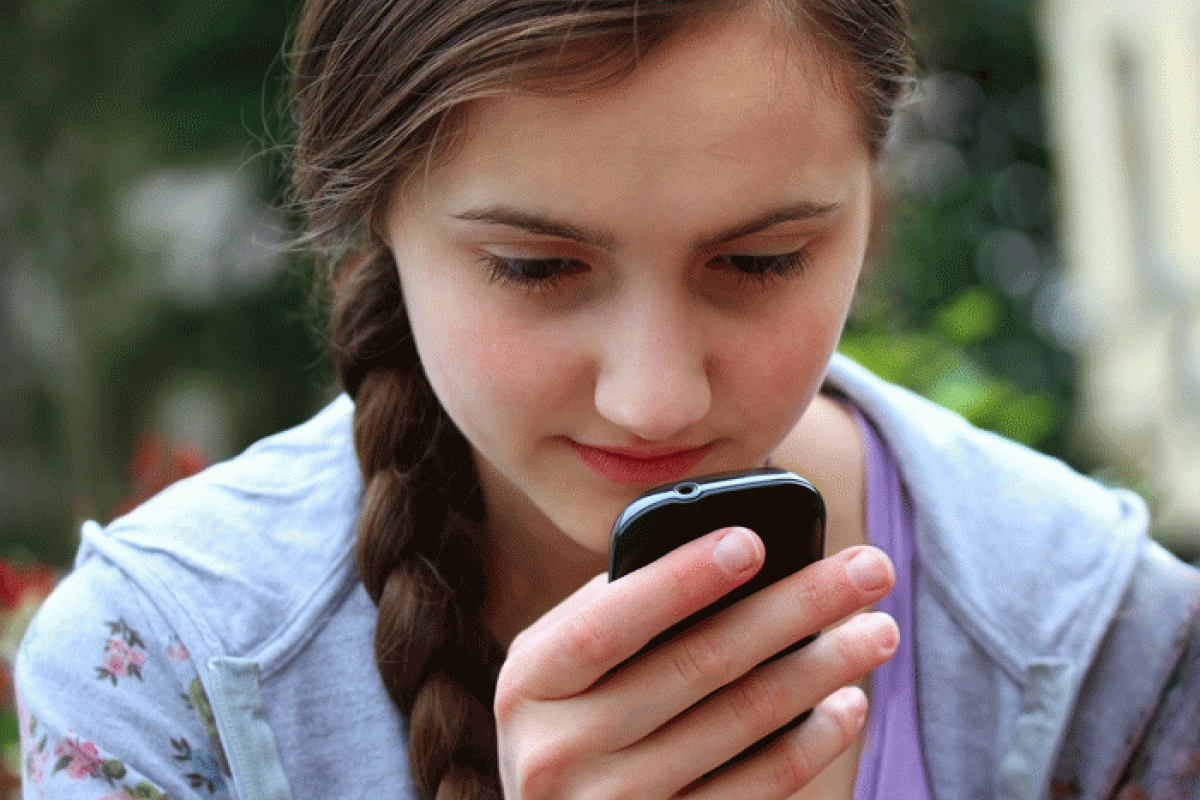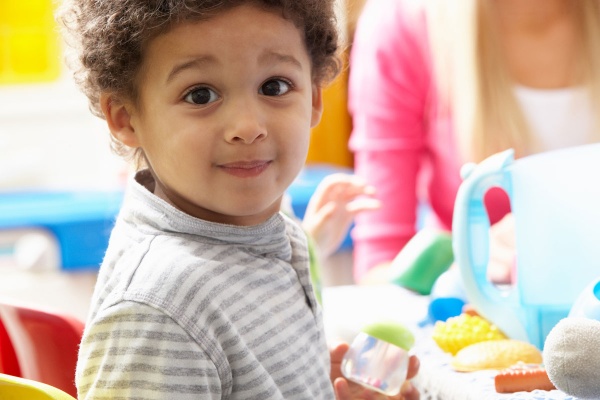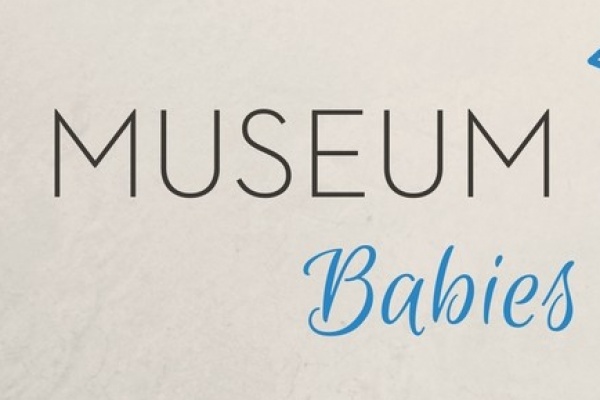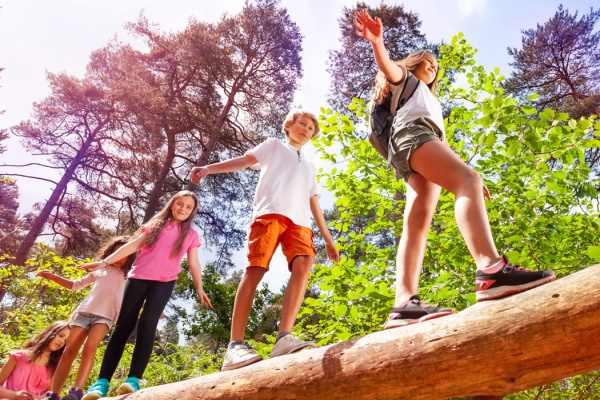

Today Instagram, Tomorrow Unemployed? Protecting Your Child's Future Self Online
Much of the conversation about teens, tweens and social media centers around keeping them safe from online predators and bullies, a valid concern for every parent. But what about teaching adolescents how to keep their own social media posts from becoming a hinderance to say, future job prospects, college admittance, or current and future friendships?
How do you keep your kids' current online life from hurting them once they're no longer in the daily-Instagram-selfie-and-Vine-share-with-my-friends stage?
Teens and tweens today have grown up in a connected world, that's for sure. But that doesn't mean they are pros at deciding what to share online, or that they understand the impact their social media shares could have on their lives once they're no longer teens.
"Adolescence is all about discovering yourself, your beliefs, and your values," said Kathlee Freeman, advancement manager at Junior Achievement of Greater St. Louis. "For a lot of young people, this plays itself out on social media through pictures and posts" – posts usually not seen by parents until they're made public to the world (if parents see them at all).
"While I would never want to minimize the fantastic opportunities that are available through a more connected world . . . young people need to understand that what they post online can be found, sometimes years later, and can get them in legal trouble, prevent them from getting admitted to a particular college and can even hinder their job searches in the future. It's something previous generations didn't have to worry about."
Freeman is one of three experts who will be discussing the implications social media posts can have on teens and tweens now and in the future, incorporating social media into an educational setting, and how to prevent and handle online bullying at a panel discussion for parents, teens and educators.
The Nov. 19 event* is sponsored by the Social Media Club-St. Louis. Other panelists include Julie Smith, media literacy professor at SIU-E and Webster University, and Tina Meier, founder of the Megan Meier Foundation.
For Freeman, helping kids understand the potential impact of even the most casual social media post starts with teaching them that any post should be considered public, even with privacy settings in place. Because once something is online, in most cases it never goes away. It can be found and associated with them for decades.
"Kids should understand that social media is public, so encourage them to share things they would be comfortable with a lot of people knowing," Freeman explained. "This includes photos from family vacations, their achievements, the movies, books or television shows they like, etc. Young people, and anyone for that matter, should only post things they would be comfortable with anyone seeing."
"Posts that imply illegal activities, such as underage drinking, stealing, etc., can not only get a person into trouble in the immediate future, but can be very embarrassing 5 or 10 years in the future when an employer is doing a Google search of potential employees," Freeman said. "Post that are outright or border on hateful can also have serious implications for the future."
Social media posts, with their limited character counts, coupled with a teen or tween's need to impress or shock their peers or exaggerate their experiences, even "good" kids can get an online reputation that's nowhere near who they are IRL.
Like a lot of other topics we talk to our kids about as they grow, the conversation about what's appropriate to share in social media or anywhere online needs to start early, Freeman said.
"Parents should explain to their child, from an early age, what the rules are for appropriate and safe online behavior," she explained. "Initiate a conversation with your child with questions about what their friends share online, or ask them 'How would you feel if grandma/your teacher/the next door neighbor saw what you posted online?'
"Be upfront about your values and morals and set firm standards for what you expect from your child's online conduct," Freeman continued. "Kids are also constantly watching their parents. If you use social media, model the type of online behavior that you expect from your children."
Hear more from Freeman and the other panelists at Social Media for Parents, Students and Educators, set for Wednesday, Nov. 19 from 6 to 8 p.m. at Wydown Middle School in Clayton.
The cost is a donation of $5 per person with proceeds benefiting the Megan Meier Foundation.
Registration is available online.
*UPDATE 11/17/14: The event at Wydown Middle School has been postponed. We'll post more information and/or a rescheduled date when we are notified.
Today Instagram, Tomorrow Unemployed? Protecting Your Child's Future Self Online http://t.co/3j7xraCGdx h/t @SMCSTL @JA_STL
— STL Parent (@stlparent) November 11, 2014





















